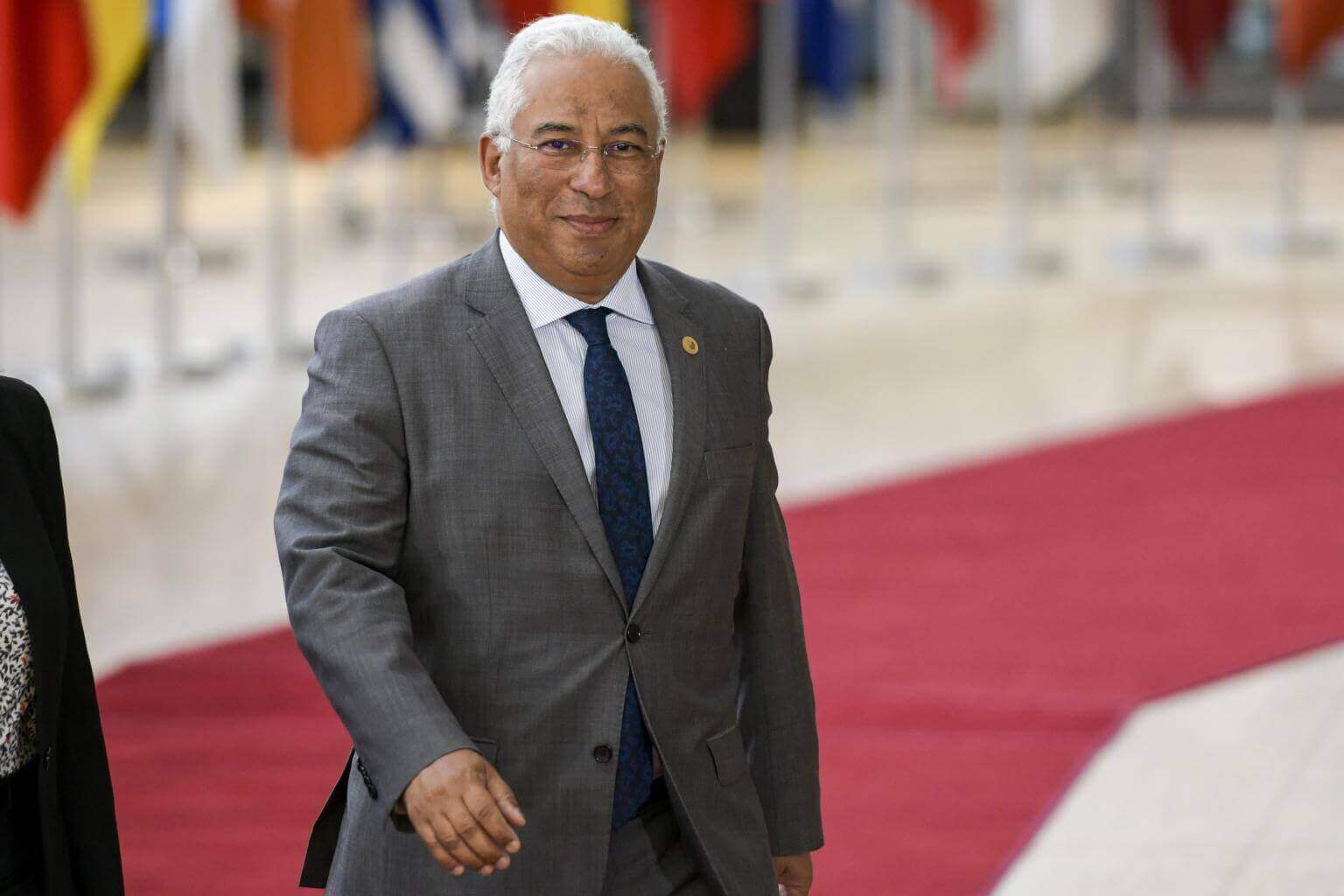After taking over the rotating presidency of the European Union (EU) at the turn of the new year, Portugal has initiated a renewed push to finalise the bloc’s stalled trade negotiations with South American trade bloc Mercosur.
Portuguese Minister of Foreign Affairs Augusto Santos Silva remarked, “Our credibility is at stake. It is Portugal’s responsibility to try to complete this process and we assume this obligation,” adding, “Portugal thinks that trade and trade agreements are, right now, the best way to improve the relationship between Europe and Latin America.” He went on to say, “We cannot use environmental issues as a screen behind which to hide, for example, if we have problems regarding Mercosur imports to Europe.” Silva warned the EU not to use environmental concerns as a “pretext” to not signing a crucial deal.
In fact, Portugal put up an infographic on the European Commission (EC) website illustrating how Portugal has already benefited from its own ties with Mercosur, arguing that other European countries should seek to secure the benefits of trading with Mercosur as well. At present, 1,786 Portuguese companies export products to Mercosur, generating upwards of 40,000 jobs, with trade valued at around €4.5 billion. Portugal thus estimates that if other European countries were to follow suit, then the EU could generate close to 855,000 jobs.
The EU’s trade negotiations with Mercosur remain deadlocked over concerns about Brazil’s commitment to environmental sustainability and curbing deforestation. Brazilian President Jair Bolsonaro is accused of giving free rein to illegal loggers, ranchers and land speculators, and of reducing environmental regulations to allow for more commercial mining and farming in order to grow the economy.
Deforestation in Brazil’s Amazon rainforest recently hit a 12-year high, according to the national space research agency Inpe, with fire-setting and other destructive practices contributing to a 9.5% increase in land lost from 2019. It is estimated that between 2000 and 2018, 8% of the Amazon, an area the size of Spain, has been destroyed.
Against this backdrop, Germany, France, Austria, Holland, Ireland, Luxembourg, and Belgium have all said that they will not ratify the deal so long as Brazil does not commit to transforming its environmental policies.
Bolsonaro, for his part, has rejected criticism of his environmental policies. At the BRICS Summit in November, he said that many of the countries who call out his administration for failing to protect the Amazon are benefiting from damage to this fragile and invaluable ecosystem. Thus, he promised that his government would soon publicly name the countries who import wood that has been illegally extracted from the Amazon.
Interestingly, it has emerged that up to nine countries in the EU are pushing French President Emmanuel Macron to reignite trade negotiations. In November, the Czech Republic, Denmark, Estonia, Spain, Finland, Italy, Latvia, Portugal, and Sweden co-signed a letter to EVP Dombrovskis saying that “not signing and ratifying the EU-Mercosur Agreement will not only affect the EU’s credibility as a negotiating and geopolitical partner, but will also strengthen other competitors’ position in the region”.
Therefore, Portugal’s latest comments only go to reveal the discord within the Union over the stalled trade deal. In fact, Portugal has also warned against backing out of a similar deal with China over human rights concerns.
The European Parliament is witnessing a surging discontent amongst members over the bloc’s investment deal with China, specifically in light of the recent arrests of pro-democracy political leaders and activists in Hong Kong. Bern Lange, the head of the European Union parliament’s trade committee, said that China’s repeated attacks on “political freedoms and human rights” will continue to impact “debates on trade policy”.
In response, Portuguese Prime Minister António Costa told EURACTIV that the EU must not bow to pressure from Washington, saying, “It’s a process that was underway, it would also be a terrible signal for us to block this negotiation or to condition this negotiation according to others.” He further remarked, “If Europe wants to be a global actor, as it has to be, its strategic autonomy depends on being able to speak with each of the other global actors. It must relate to the United States, China, Australia and New Zealand, India, Africa. It has to relate to everyone and not just talk through others.”
Costa also hopes to spearhead trade negotiations with the African Union and India, saying it would be a “fantastic time” to reach such “milestone” agreements.
Argentina, which recently took over the rotating presidency of Mercosur, also shares Portugal’s sentiments, and recently indicated that it is prepared to address the EU’s environmental concerns.
In a meeting with German Foreign Minister Heiko Maas in December, Buenos Aires’ foreign minister, Felipe Solá, said, “We do understand that there is an environmental concern that runs through Europe and that it is valid because we have made it also our own.” He added, “And we are willing to talk and talk about it and see what agreement we can reach, obviously.”
Given these recent moves towards rapprochement either side of the EU and Mercosur, authorities are hopeful of signing a trade deal that would create a single market comprised of 760 million people, remove tariffs on 90% of goods traded between the two blocs, and increase import quotas on several agricultural commodities. However, it remains unclear how they will overcome the stern opposition of powerful countries like Germany and France.
Portugal Takes Over EU Presidency, Seeks to Reignite Trade Negotiations With Mercosur
Portugal took over the rotating presidency of the European Union, and has attempted to kickstart trade negotiations with Mercosur, illustrating the discord within the Union.
January 12, 2021

IMAGE SOURCE: EPA-EFEPortuguese Prime Minister António Costa
